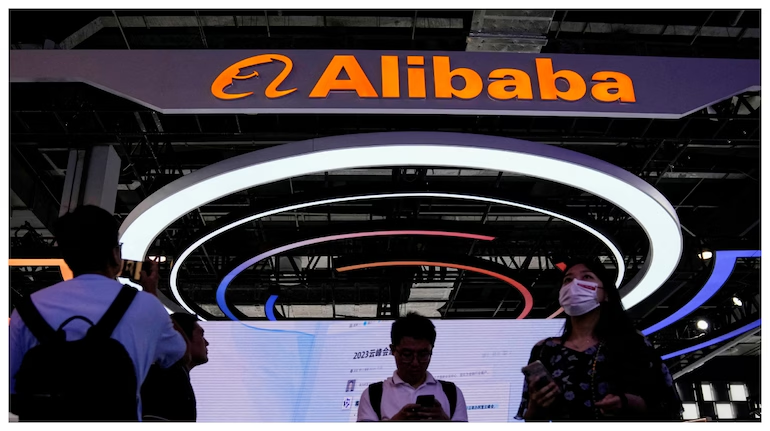
In a significant shift within the world’s largest smartphone market, Apple Inc. is facing intense competition from domestic giant Huawei Technologies Co., as recent market analyses indicate a decline in iPhone sales in China.
The latest figures from market research firms like Counterpoint Research and Jefferies reveal that Apple’s iPhone experienced a notable sales drop in the first half of 2024, with a year-on-year decline reaching up to 24% in the first six weeks of the year. Conversely, Huawei has seen a resurgence, with its sales jumping by 64% during the same period, bolstered by the launch of its Mate 60 series.
This shift in market dynamics can be attributed to several factors:
-
Technological Innovation and Patriotism: Huawei’s Mate 60 Pro, released with a new China-made 7-nanometer processor, has been a game changer, showcasing advanced semiconductor capabilities despite U.S. sanctions. This has not only demonstrated Huawei’s resilience but also sparked a wave of national pride, encouraging consumers to support domestic brands.
-
Pricing and Market Strategy: Apple’s position has been squeezed by aggressive pricing strategies from competitors like Oppo, Vivo, and Xiaomi, alongside Huawei. These brands offer high-spec devices at competitive prices, appealing to a cost-conscious market.
-
Software Ecosystem: The unique software environment in China also plays a role. Unlike Apple’s tightly controlled ecosystem, Huawei’s HarmonyOS offers flexibility with Android apps, integrating well with popular local services like WeChat, which provides an edge in user convenience.
-
Geopolitical Tensions: Ongoing trade tensions between China and the U.S. have indirectly influenced consumer preferences. Governmental restrictions on the use of iPhones in certain sectors have further impacted Apple’s market share.
-
Market Sentiment: Social media platforms like X have reflected a growing sentiment among Chinese consumers towards supporting local brands, not just out of patriotism but also due to the quality and innovation these brands now offer.
Despite these challenges, Apple remains a significant player in China, with a loyal user base and high brand recognition. However, the company might need to rethink its strategy, possibly focusing on pricing, localized features, or even more innovative technologies to regain its footing.
Apple’s next moves are keenly watched by industry analysts, as the tech giant might consider more aggressive marketing, new product lines tailored for the Chinese market, or strategic partnerships within China to counter the rising tide of local competitors.
As the smartphone war heats up in China, consumers are likely the biggest winners, with access to cutting-edge technology at potentially more competitive prices. However, for Apple, the battle to reclaim its market share from Huawei and other domestic players is just beginning.






